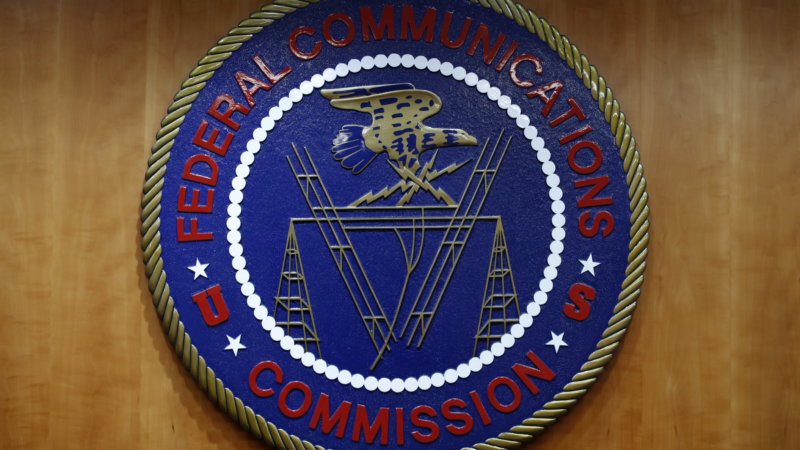Net neutrality is struck, ending a long battle to regulate ISPs like public utilities
A federal appeals court struck down the Federal Communications Commission’s net neutrality rules, ending a 20-year push to regulate internet service providers like a public utility.
A U.S. Court of Appeals for the Sixth Circuit in Cincinnati on Thursday ruled that the FCC did not have legal authority to reinstate the landmark net neutrality rules.
It’s a largely partisan issue that has found Democrats on the side of so-called net neutrality in an effort to hold ISPs more accountable for providing fast, safe and reliable internet for all. The decision deals a blow to the Biden Administration, which prioritized implementing net neutrality rules.
Net neutrality was first introduced by the FCC during the Obama Administration in 2015 and was repealed two years later under then-President Donald Trump.
Then, last year, the FCC effectively reinstated net neutrality when it voted to reclassify broadband as a public utility, such as water and electricity, to regulate access to the internet. Under the Communications Act of 1934, such public utility services are subject to government regulation.
In doing so, the FCC aimed to make ISPs accountable for outages, require more robust network security, protect fast speeds, and require greater protections for consumer data.
Brendan Carr, the incoming FCC Chair appointed by President-elect Trump, in a statement celebrated the appellate court’s decision to nullify what he called “Biden’s Internet power grab,” and added that he will continue to work to unwind the Biden Administration’s regulations.
Current FCC Chair Jessica Rosenworcel, meanwhile, urged Congress to act following the ruling.
“Consumers across the country have told us again and again that they want an internet that is fast, open, and fair,” she said in a statement. “With this decision it is clear that Congress now needs to heed their call, take up the charge for net neutrality, and put open internet principles in federal law.”
Following last year’s FCC order to revive net neutrality, USTelecom, a trade group that represents ISPs including AT&T and Verizon, sued and convinced the appellate court to temporarily block the net neutrality rules while they considered the industry’s case.
USTelecom hailed Thursday’s decision in a statement, calling the struck rules “a victory for American consumers that will lead to more investment, innovation, and competition in the dynamic digital marketplace.”
Despite the decision to nix federal oversight, tough net neutrality rules passed in California, Washington and Oregon and other states will stand.
Why some are accusing Trump of manipulating stock markets
Senators Adam Schiff and Ruben Gallego have asked for "an urgent inquiry" into whether President Trump or others engaged in insider trading on advanced knowledge of his tariff policy changes.
Supreme Court says Trump officials should help return wrongly deported Maryland man
The Supreme Court ordered the administration to "facilitate" the return of Kilmar Armando Abrego Garcia, who was mistakenly taken to El Salvador and remains in custody there.
15 hours later, a grueling ER shifts ends in ‘The Pitt’ season finale
The first season of The Pitt focused on the toll that work takes on doctors and nurses. It's also been a stellar season of TV.
HHS will review guidance on the addition of fluoride to drinking water
HHS Secretary Robert F. Kennedy Jr. has blamed the addition of fluoride — a common, naturally occurring mineral — for a host of health issues. The CDC says the policy has reduced cavities by some 25%.
Trump administration lays out its evidence for deporting activist Mahmoud Khalil
Khalil's attorneys say the government's case against their client largely rests on a single letter from Secretary of State Marco Rubio alleging that Khalil participated in "antisemitic" and "disruptive activities."
The Northeast bet big on offshore wind. Trump wants to halt the industry entirely
Northeast states have bet big on offshore wind to meet spiking power demand and drive economic growth. But the industry's future is much more uncertain under President Trump.









